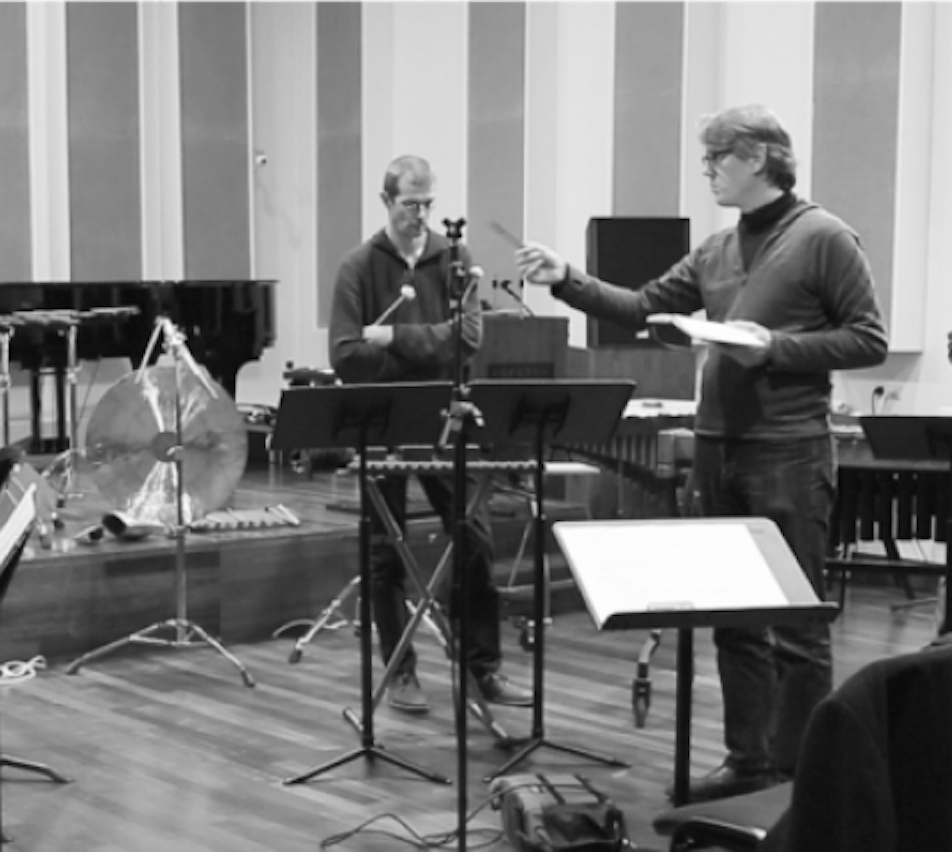In the middle ages, however, the performance of compositions was only one of the ways available to singers for creating polyphonic music. The ability to improvise a second or third voice above a plainchant melody, called discantare super planum cantum (‘singing above the plainchant’) or cantare super librum (‘singing on the book’), was a crucial skill for a church musician in the middle ages, and singers were trained at this from an early age.
Niels’ project aims to expand our knowledge of fourteenth- and fifteenth-century polyphony, through music-historical scholarship as well as practical experiences. An in-depth investigation of the material remains of late medieval musical culture—compositions and theoretical writings about music—forms the basis for experiments with polyphonic improvisation above plainchants together with colleague-singers and students. The project has developed new ways of understanding late medieval polyphony, which are useful not only for teaching and analysis, but which may form a stimulus for contemporary performance practices of early music as well.

